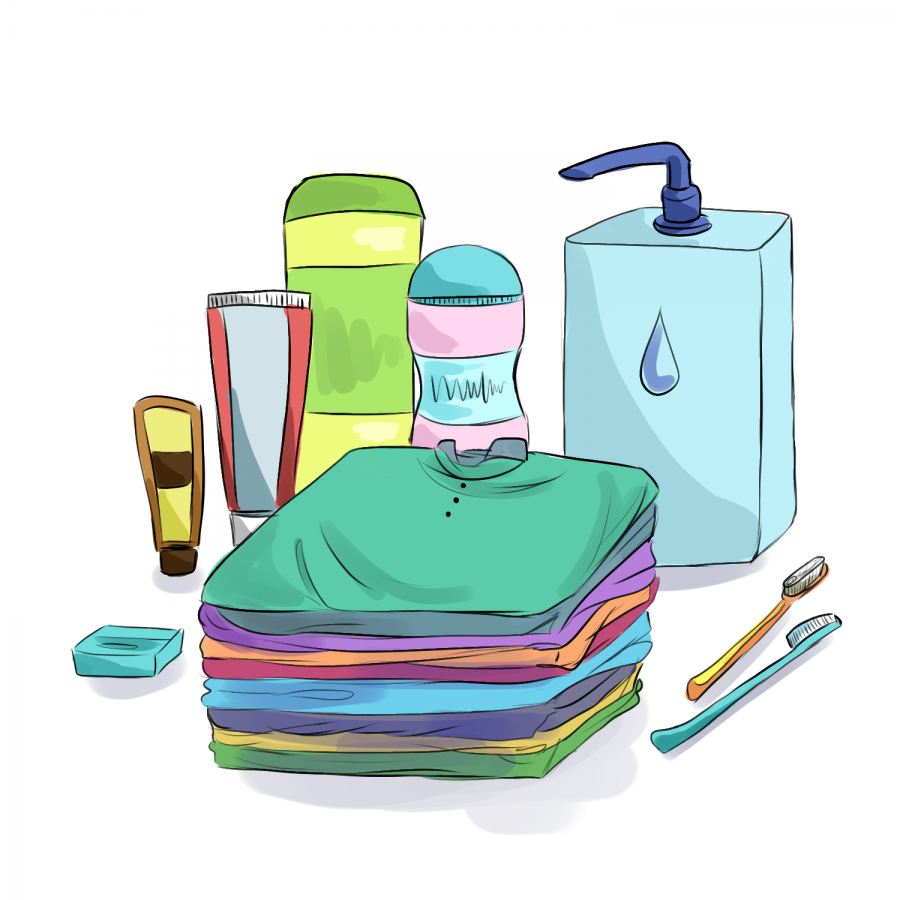Fenty Beauty, Skims and Prime are just a few of the hundreds of celebrity-owned brands introduced to the world that have heightened to astronomical fame. From candy to cosmetics, skincare, clothes and drinks, countless influential and wealthy personas have dabbled in entrepreneurship. However, the question is whether these brands are truly renowned because of their product quality compared to other companies or solely because of their celebrity backing.
The famous Fenty Beauty by Rihanna is a prime example of an authentic celebrity brand that exudes high caliber and intent. Not only does the brand have a purpose, being focused on shade inclusivity and catering to 40 shades of skin tones, but it is universally deemed excellent, with most of the products on the site rated four to five stars. “I think that might be the case for some [celebrity] products, like where the celebrities actually want to make a good product that they don’t see already in the market,” sophomore Leilia McCabe said. This seems to apply to Rihanna as even though her makeup is on the higher end of the spectrum with the base price for most products being $30, care and thought were put into its image and message.
Compared to Fenty Beauty, there are companies that have celebrity status and celebrity engagement but still fall flat. Famous brands that seem inauthentic, market their products as luxurious and consequently price their products equal to the status of luxury brands. Therefore, with these costs, consumers expect standard or superior quality. But that isn’t always the case as seen by the brand Kylie Swim. Before the company was shut down, it sold two-piece swimsuits separately, each piece costing $40 and one pieces ranging from $80 to $85. However, as reviews poured in from various social media platforms, people voiced out that the swimsuits were see-through, poorly constructed and didn’t have nearly enough coverage.
This is where the divide between celebrities putting effort and care into creating their brands versus establishing them for quick cash grabs arises. “A lot of them [celebrities] release very bad quality products that nobody would really buy if they were unknown, but because they have large followings … they [the public] would buy bad products and expensive products, regardless of whether or not they are useful or good quality,” sophomore Anishka Biswas said. “They just want another way to make money … so now just a lot of celebrities are hopping on a bandwagon.”
The other issue with such celebrity-owned brands, specifically beauty-oriented ones, is that the public is influenced to believe they use the products that they promote daily. “Celebrities with “perfect” skin selling skincare convey the message (subliminally or otherwise) that you too could have skin like theirs — if you buy their products. It’s a marketing formula that can translate to anything: hair, nails, body or supplements,” Morgan Fargo wrote in an article with Refinery29. This is a way to trick consumers and cause more traction to their brands without mentioning Botox, fillers or advanced skin treatments which many have access to.
All of these factors lead to constant issues with transparency and authenticity, further damaging the reputation of these companies and trust with customers. There are various versions of celebrity businesses but just like any other ones on the market, they need to include top-notch quality and honesty with their consumers. Even though the celebrity label aids in sales, over time the standard of the products ultimately dictates their downfall or success.
If you would like to voice your opinion on an issue you feel is relevant to our community, please do so here. Anyone is able and welcome to submit a Letter to the Editor, regardless of journalistic experience or writing skills. Submissions may be published either online or in a print issue.









